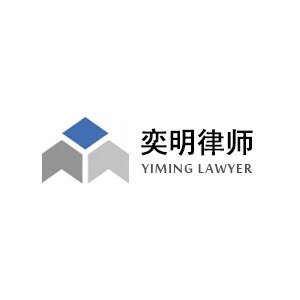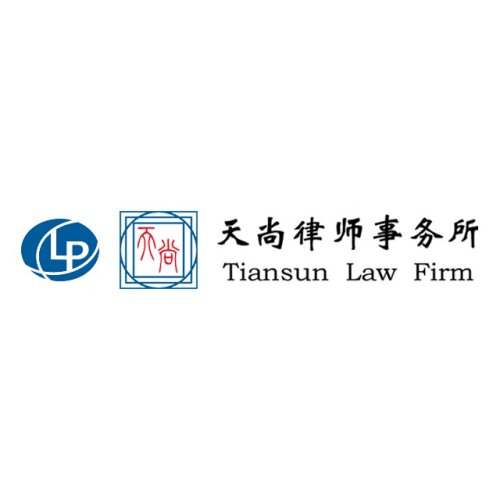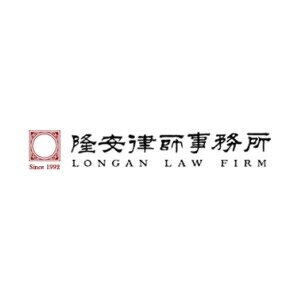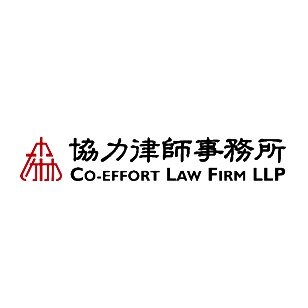Best Hiring & Firing Lawyers in Beijing
Share your needs with us, get contacted by law firms.
Free. Takes 2 min.
List of the best lawyers in Beijing, China
About Hiring & Firing Law in Beijing, China
Hiring and firing employees in Beijing, China, are governed by a complex set of laws and regulations designed to protect the rights of both employers and employees. These laws are primarily shaped by national statutes, such as the Labor Contract Law of China, as well as local regulations specific to Beijing. The legal framework outlines mandatory employment contracts, defines the obligations and rights of both parties involved, and provides stipulations for lawful termination procedures. Understanding these intricacies is crucial for any business operating in Beijing to ensure compliance and avoid potential legal disputes.
Why You May Need a Lawyer
Engaging with legal professionals specializing in hiring and firing can be crucial for several situations. If you're an employer, you might need a lawyer when drafting employment contracts, navigating the complexities of laying off employees, or facing disputes related to wrongful termination. For employees, legal advice can be crucial if you're dealing with an unlawful dismissal, seeking compensation for termination, or requesting clarity on employment contract terms. Legal expertise can provide strategic guidance and ensure compliance with local laws, thereby minimizing risks for both employers and employees.
Local Laws Overview
Beijing adheres to the national Labor Contract Law, which mandates that employers provide written employment contracts and adhere to statutory labor standards. Termination procedures are tightly regulated, requiring just cause and often involving severance pay. Local regulations also play an important role, dictating minimum wage standards, maximum work hours, and conditions for lawful termination. Additionally, the non-compete clauses are valid under certain conditions, adding another layer to employment negotiations. Beijing’s labor laws emphasize protecting employees’ rights, and violations can lead to significant penalties.
Frequently Asked Questions
What types of employment contracts are recognized in Beijing?
Beijing recognizes fixed-term, open-ended, and project-based employment contracts. Each type requires compliance with specific legal stipulations regarding duration and conditions.
How is severance pay calculated for terminated employees?
Severance pay is generally calculated based on the employee's average monthly wage and years of service, with specifics dictated by both national and local laws.
Can an employer terminate an employee without notice?
An employer can only terminate an employee without notice under specific circumstances, such as severe misconduct, which must be adequately documented to be justified legally.
What rights do employees have if they face wrongful termination?
Employees have the right to file a complaint with local labor authorities or pursue legal action to seek reinstatement or compensation for wrongful termination.
Are probationary periods allowed in Beijing employment contracts?
Yes, probationary periods are allowed but must adhere to the limits set by law, typically ranging from one to six months depending on the term of the employment contract.
What are the legal requirements for foreign workers in Beijing?
Foreign workers must have valid work permits and employment visas. Employers are responsible for ensuring compliance with these immigration regulations.
How does Beijing regulate working hours and overtime pay?
Normal working hours are limited to 40 hours per week, and overtime pay must be provided for work beyond this limit, generally calculated at 150-200% of the normal wage rate.
What is the role of unions in employee termination cases?
Unions in Beijing can play an advisory role in termination cases, providing support to employees and ensuring that terminations conform to legal requirements.
Is it legal for an employer to impose a non-compete clause?
Non-compete clauses are legal but must be reasonable in terms of time, geography, and compensation offered for the period of non-competition to be enforceable.
What should an employee do if their employer violates labor laws?
Employees should document any violations and report them to the local labor bureau or seek legal counsel to explore potential remedies under the law.
Additional Resources
For comprehensive legal support, individuals and companies in Beijing can consult the Beijing Municipal Human Resources and Social Security Bureau, which provides guidance on labor laws and rights protection. The All-China Federation of Trade Unions is another resource for employees seeking support against unfair labor practices. Additionally, law firms specializing in labor law across China can offer specific legal advice and services for hiring and firing issues.
Next Steps
If you find yourself in need of legal assistance with hiring and firing matters in Beijing, it is advisable to consult a legal expert who specializes in Chinese labor law. Start by gathering all relevant documentation, such as employment contracts and records of employment disputes. Contact a reputable law firm or legal consultant in Beijing, and schedule a consultation to understand your legal rights and obligations. Keeping informed and seeking professional advice will help you effectively navigate the complexities of employment law in Beijing.
Lawzana helps you find the best lawyers and law firms in Beijing through a curated and pre-screened list of qualified legal professionals. Our platform offers rankings and detailed profiles of attorneys and law firms, allowing you to compare based on practice areas, including Hiring & Firing, experience, and client feedback.
Each profile includes a description of the firm's areas of practice, client reviews, team members and partners, year of establishment, spoken languages, office locations, contact information, social media presence, and any published articles or resources. Most firms on our platform speak English and are experienced in both local and international legal matters.
Get a quote from top-rated law firms in Beijing, China — quickly, securely, and without unnecessary hassle.
Disclaimer:
The information provided on this page is for general informational purposes only and does not constitute legal advice. While we strive to ensure the accuracy and relevance of the content, legal information may change over time, and interpretations of the law can vary. You should always consult with a qualified legal professional for advice specific to your situation.
We disclaim all liability for actions taken or not taken based on the content of this page. If you believe any information is incorrect or outdated, please contact us, and we will review and update it where appropriate.

















